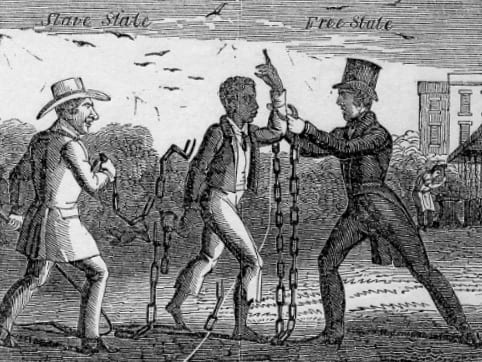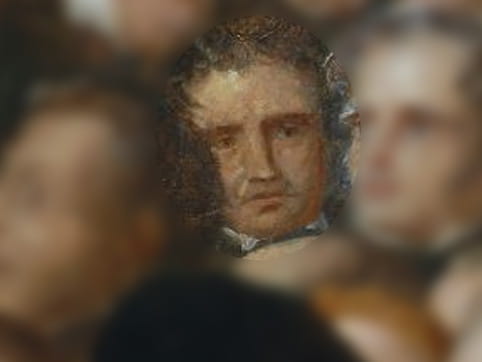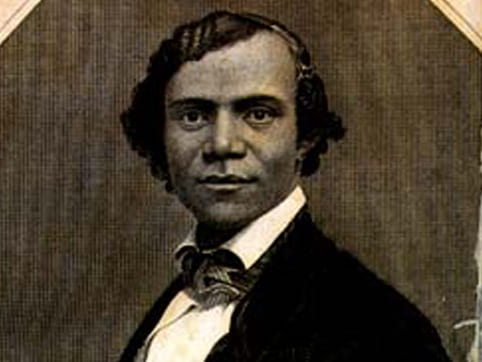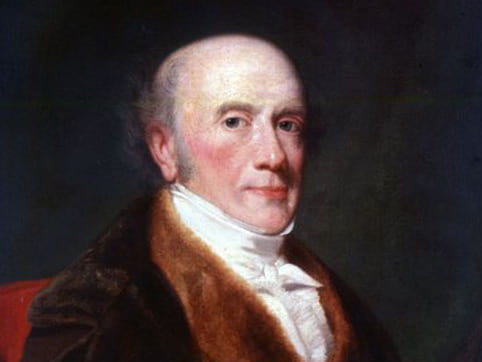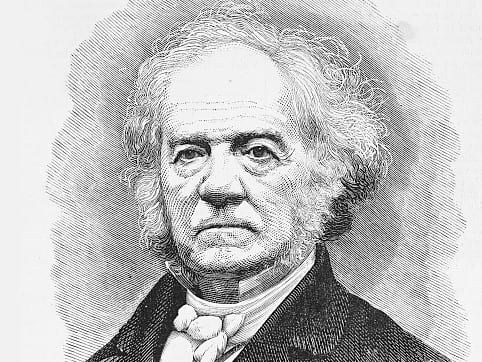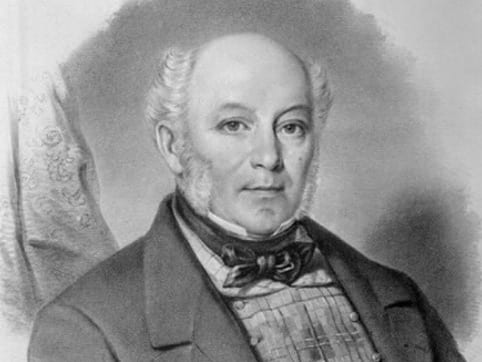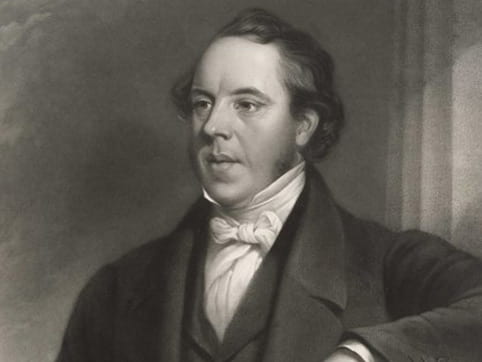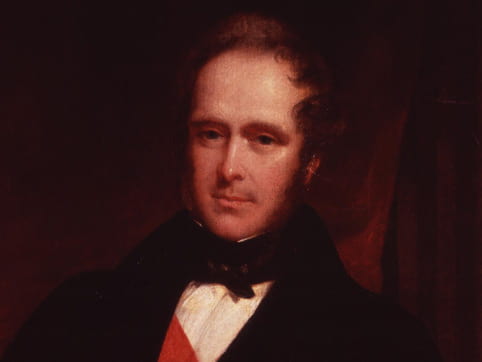Sir Charles Bagot
Newly-arrived Governor General Charles Bagot made the decision to send Nelson Hackett back to Arkansas. Bagot, though, seemed to ignore the earlier precedent and the Executive Council’s reasoning, writing: “There was no doubt of the guilt of this individual, the stolen property having been found on him on his arrival in the province; nor could it be said that this property had been taken solely to assist him in escaping from slavery, and not with a felonious intent. I felt therefore that to refuse to surrender him would be to establish as a principle that no slave escaping to this province should be given up, whatever offence, short perhaps of murder, he might have committed; a principle which would have been repugnant to the common sense of justice of the civilised world, would have involved us in disputes of the most inconvenient nature with the neighbouring states, and would have converted this province into an asylum for the worst characters, provided only they had been slaves before arriving here.” Although Bagot showed more animosity toward Hackett than did the Executive Committee and seemed more interested in domestic tranquility than the moral implications of chattel slavery, he also suggested a higher standard for future extraditions. Whereas the Executive Council thought fugitives should be returned if the alleged crime was a crime in Canada and there was sufficient evidence to file charges, Bagot justified the extradition based on actual guilt, albeit without a trial or a formal investigation. On January 20, 1842, Bagot ordered Hackett to be surrendered to an Arkansas official or authorized agent.
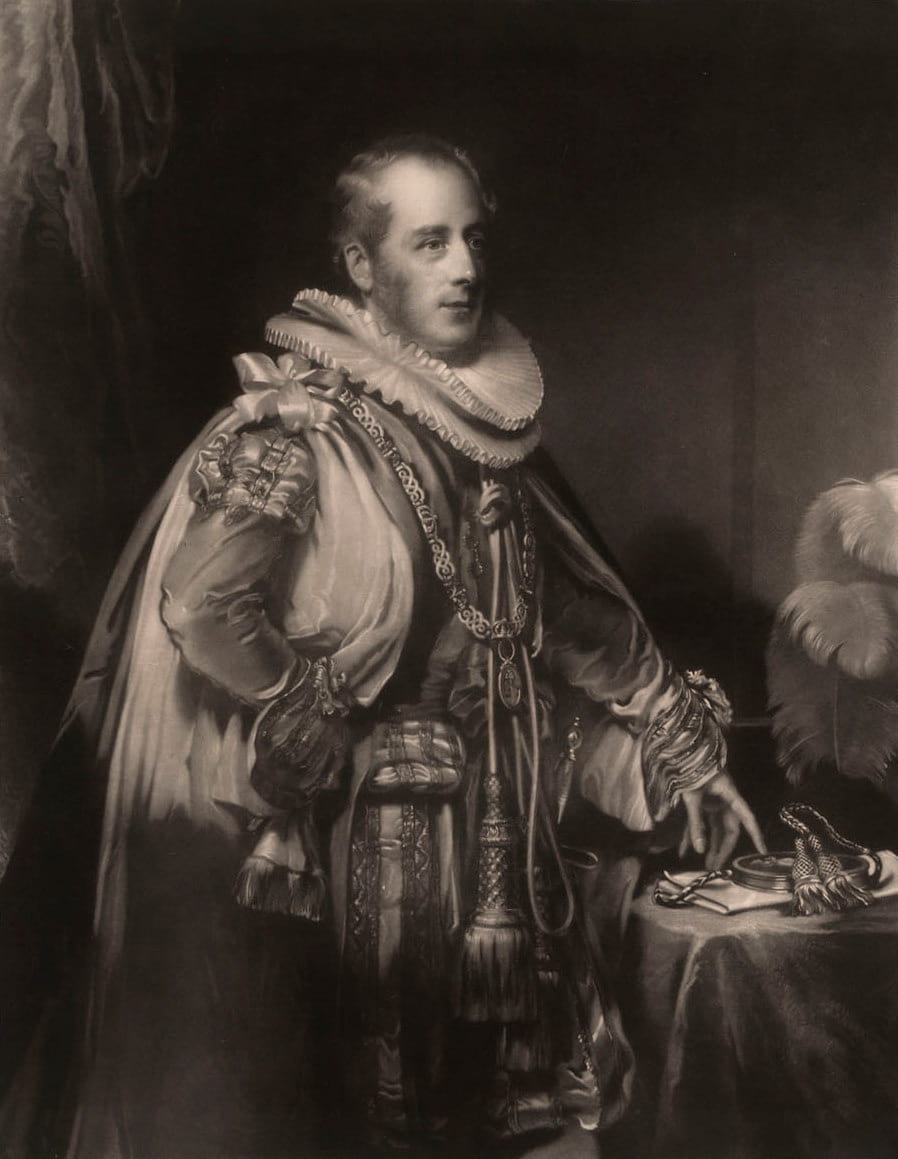
Image: Courtesy Bibliothèque et Archives Nationales du Québec.
The Players
Nelson Hackett
An escaped slave who fled to Canada only to be captured and brought back to Arkansas.
Alfred Wallace
The man who claimed to own Nelson Hackett and accused him of stealing a race horse, saddle, coat, 100 £ ($500) in silver and gold coin, and a watch.
Charles Stewart
Abolitionist and attorney who had been one of the founding officers of the Detroit Anti-Slavery Society and who interviewed Nelson Hackett when he was held in Detroit.
Henry Bibb
Henry Bibb, one of the leaders of Detroit’s Colored Vigilant Committee, helped mobilize support for Nelson Hackett.
Hiram Wilson
Hiram Wilson an abolitionist and an American Reverend ministering to Toronto’s fugitive population who visited Hackett at Sandwich.
Daniel Webster
As United States secretary of state, Daniel Webster negotiated the Webster-Ashburton Treaty in 1842.
Lewis Tappan
Lewis Tappan led the American abolitionist effort to amend the Webster-Ashburton Treaty.
Sir Allan Napier MacNab
Sir Allan Napier MacNab presented “Address of the Colored People of Hamilton,” which protested Nelson Hackett’s return to Arkansas, to Queen Victoria and Prince Albert.
Thomas Clarkson
Thomas Clarkson fought to abolish slavery in the British Empire and the international slave trade before turning his attention to Nelson Hackett and the Webster-Ashburton Treaty.
Viscount Palmerston
Viscount Palmerston led the effort in the House of Commons to amend the Webster-Ashburton Treaty to protect fugitives from slavery from extradition.
